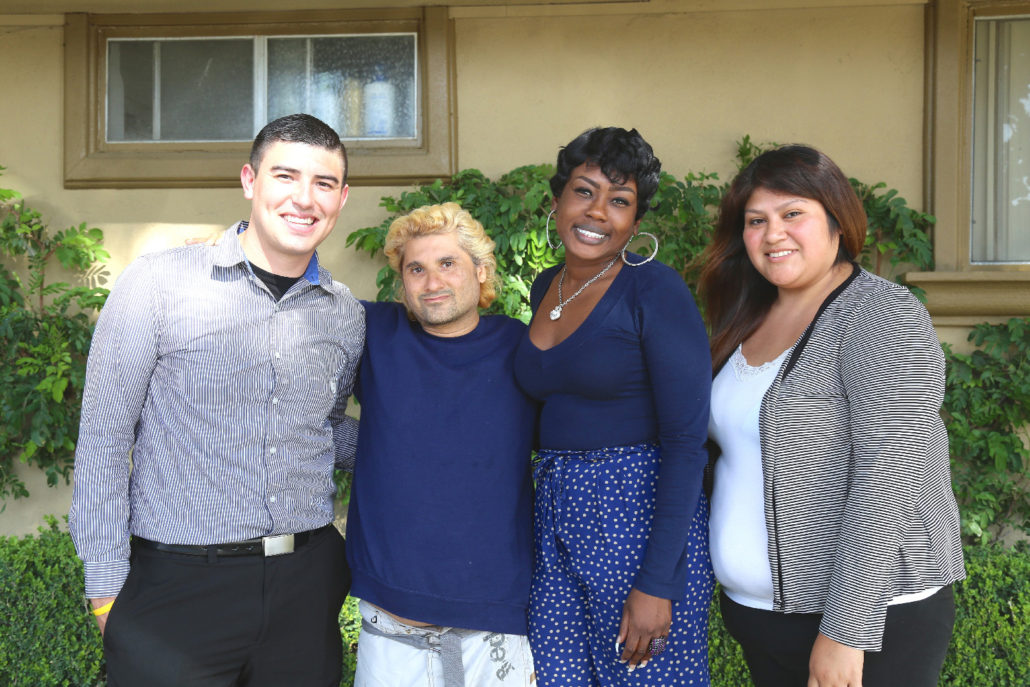If you’re a support staff for an individual with special needs, a child with autism or a caregiver for a senior, you understand the importance of being your own advocate. Insurance companies, school systems, and care centers all have budget constraints, so they’re unlikely to offer more than they have to. It’s up to you to fight for what you need. However, there are many people in your community who have neither the skills nor the resources to advocate for themselves. Have you considered advocating on their behalf? Here are just a couple of ways you can help.
Education advocacy
The Individuals with Disabilities Education Act (IDEA) requires all public schools to accommodate and modify educational practices for children with disabilities. Those accommodations and modifications are determined during an Individual Education Plan (IEP) meeting between parents, school administration, a special education representative, and a general education teacher. Appropriate accommodations vary depending on a child’s needs, ranging from preferential seating to one-on-one, in-home education. Many of the accommodations are expensive, however, and with education budgets being tight, schools are sometimes reluctant to provide these services. Parents who don’t know their rights under the law are less likely to secure the accommodations and modifications their child needs. If you have experience in this area, whether you’re an education professional or a parent with a special needs child, you could provide life-changing guidance to a family in need. The law stipulates that parents may bring support of their choosing to IEP meetings – know the law, and be a voice for people who don’t.
Senior advocacy
Seniors are another vulnerable segment of the population, and not all of them have a family member to advocate on their behalf. You can help deliver the services seniors need – the opportunities are endless. Many seniors need help navigating issues like Medicare, taxes, long-term health insurance, veterans’ benefits, etc. Whether you work with governmental agencies, care facilities, or insurance companies, your help can have a huge impact in a senior’s life. If you’re unsure of where to start, contact your community’s senior outreach program or a local retirement community.
Community advocacy
In addition to one-on-one advocacy, you can be a community leader on behalf of people who can’t fight for their own needs. You could advocate for increased funding for schools, reduced property taxes for senior homeowners, and even for increased community activities targeting children, seniors, and families.
Some people become community advocates after having to advocate on behalf of a family member. Some are drawn to advocacy by virtue of their professional skills or leadership abilities. What community advocates have in common is a desire to use their experience to help make things better for everyone. What can you do to improve the lives around you?



